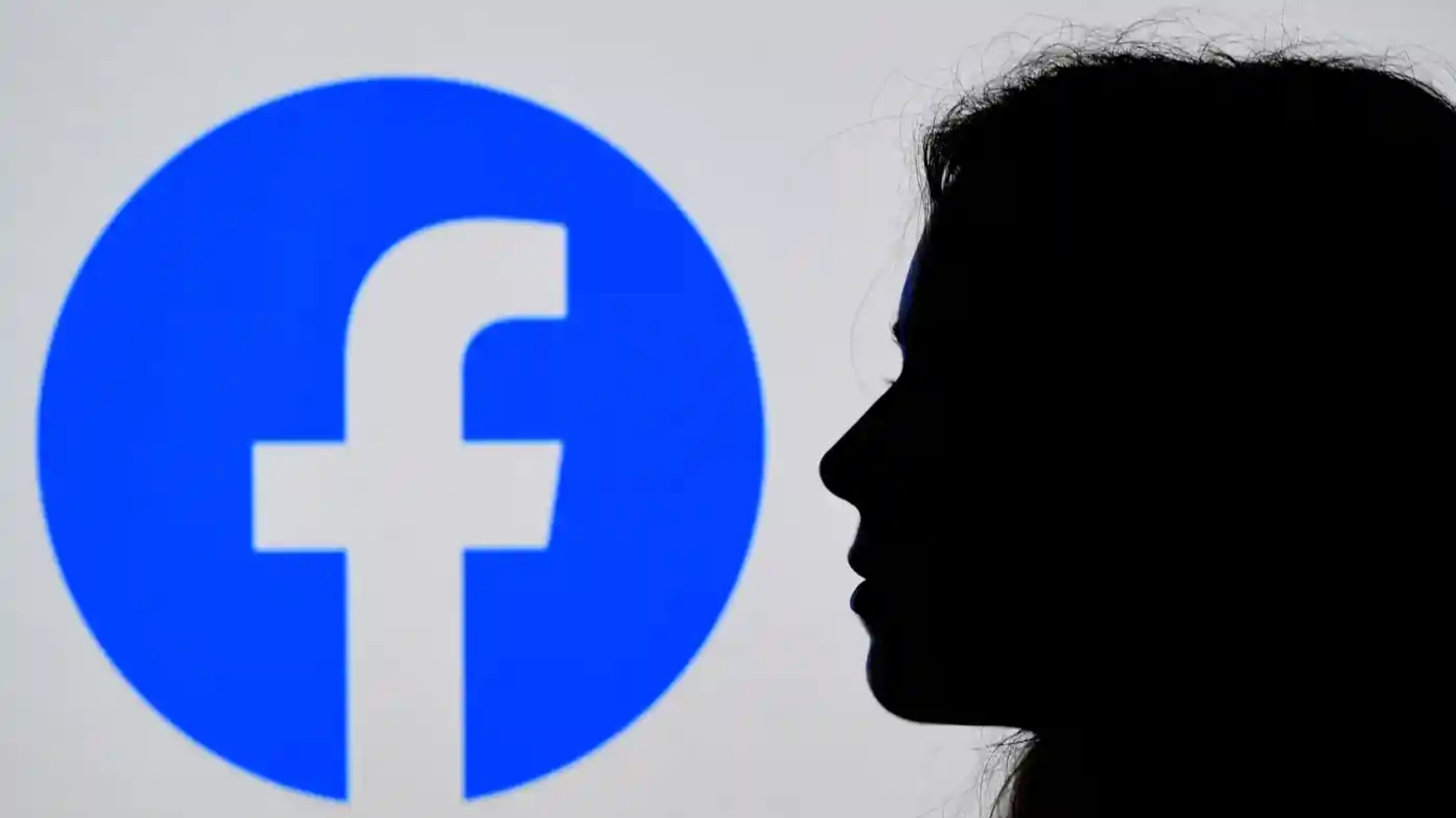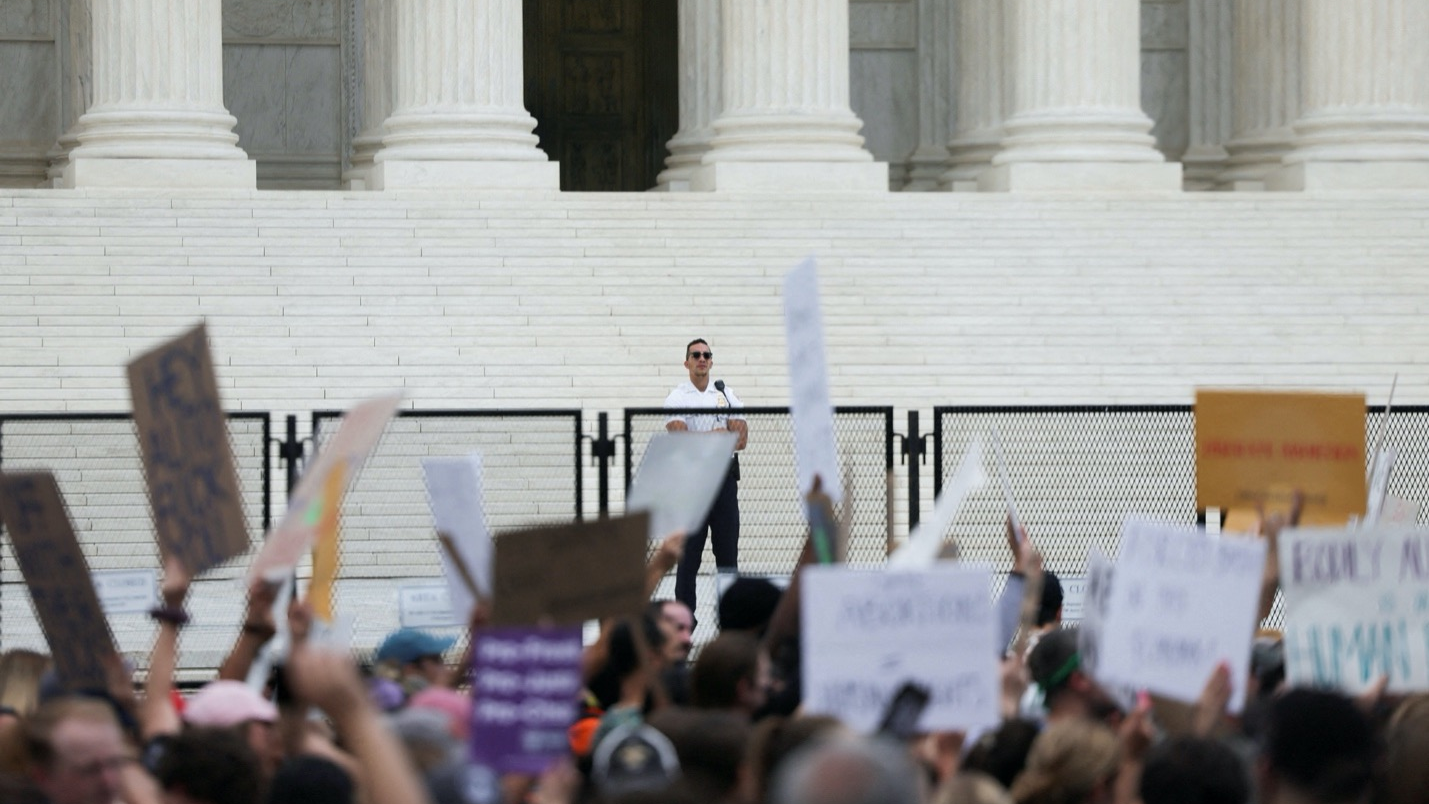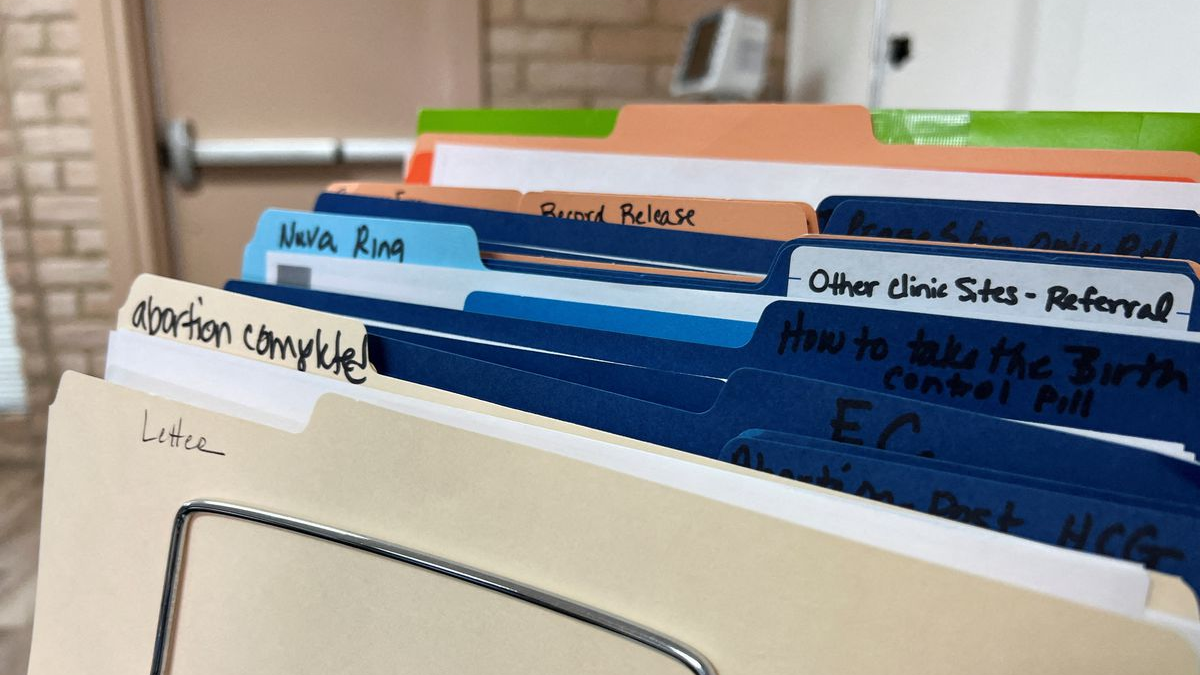
Court documents revealed how tech companies contribute to criminal prosecution of abortions. /AFP
Court documents revealed how tech companies contribute to criminal prosecution of abortions. /AFP
A teenager from the U.S. state of Nebraska is facing criminal charges related to an illegal abortion at home after authorities obtained her chat messages from Facebook, according to court documents.
Celeste Burgess, 17, who is being tried as an adult along with her mother Jessica Burgess, is awaiting trial for breaking the post-fertilization abortion ban. In Nebraska, abortion of a fetus over 20 weeks is illegal except when the mother's life is endangered. In this case, Celeste was around 23 weeks pregnant when her mother gave her mail-order abortion pills.
The incident quickly reignited debate about how law enforcement may use a person's social media history in cases involving reproductive choices. It is also one of the first instances in America where a person's Facebook messages are used for incrimination in a state with restricted access to abortion.
Earlier this year, law enforcement officials used a search warrant to collect chat messages from Facebook's parent company Meta Platforms in its investigation of possible crimes committed by the teen, including concealing the death of a miscarried fetus, although the final autopsy report said the cause of the baby's death was undetermined.
The warrant from local police asked for various data that traced back as early as April this year, including images, audio, visual recordings, private messages as well as account formation.
Meta has denied knowing about Burgess' alleged abortion, though its actions have sparked outrage on social media.
"The warrants concerned charges related to a criminal investigation and court documents indicate that police at the time were investigating the case of a stillborn baby who was burned and buried, not a decision to have an abortion," Andy Stone, a communications director at Meta tweeted on August 10.
A month before Celeste was charged, Meta's CEO Mark Zuckerberg said at an all-hands meeting that Facebook's "encryption" will protect abortion-seeking users, CyberScoop reported. He emphasized that protecting people's privacy is "extra salient" after the U.S. Supreme Court reversed its decision in Roe v. Wade in June.

Abortion rights demonstrators protest outside the U. S. Supreme Court as the court rules in the Dobbs v. Women's Health Organization abortion case, overturning the landmark Roe v. Wade abortion decision in Washington, U.S., June 24, 2022. /Reuters
Abortion rights demonstrators protest outside the U. S. Supreme Court as the court rules in the Dobbs v. Women's Health Organization abortion case, overturning the landmark Roe v. Wade abortion decision in Washington, U.S., June 24, 2022. /Reuters
Will tech companies take side in abortion issues?
The case struck a nerve for abortion-rights advocates in America who have been questioning how social media platforms would handle legal requests for users' personal information, especially concerning private content about reproductive health. Under the law, tech companies are required to respond to legal requests from the state for data such as subpoenas and warrants.
Concerns have also been raised on how data practices by tech companies like Google and Meta Platforms have the potential to incriminate abortion-seekers.
Back in 2017, Mississippi investigators found a mother search for abortion medication after they downloaded her cell phone memory and data, according to the local media. The mother was charged with second-degree murder.
After Roe v. Wade was overturned, conservative-leaning states have placed new restrictions on abortion as well as various methods for enforcement, leaving technology companies subject to a variety of warrants and subpoenas in abortion-related investigations.

Folders containing medical records of abortions that took place inside the Tulsa Women's Clinic, prior to Oklahoma's abortion ban, are pictured in Tulsa, Oklahoma, U.S., June 20, 2022. / Reuters
Folders containing medical records of abortions that took place inside the Tulsa Women's Clinic, prior to Oklahoma's abortion ban, are pictured in Tulsa, Oklahoma, U.S., June 20, 2022. / Reuters
Privacy advocates and lawmakers have been advocating for tech companies to cease the collection of sensitive data, which can be used for criminalizing abortion.
Earlier in May, lawmakers sent a letter to Google, calling on the company to reduce its collection and retention of user data, criticizing the company's practices as "creating a new digital divide, in which privacy and security are made a luxury."
Google's most recent transparency report shows that the company received 50,907 requests for user information from U.S. federal agencies and courts in the first half of 2021, increasing over 28 percent compared to the same period last year. The company handed over user info in response to more than 80 percent of those requests, affecting the accounts of more than 115,000 users.
Experts worry that this kind of data request from law enforcement can directly lead to the prosecution of people for abortion. Elizabeth Nash, a state policy analyst at the Guttmacher Institute, a nonprofit group that advocates for reproductive rights policy, said law experts expect to see more cases similar to Celeste's in a post-Roe world.
"The police could have decided not to charge them, but it looks like the police are throwing the book at the mother and daughter, charging them with everything from criminal abortion to false reporting," Nash told NBC News.

